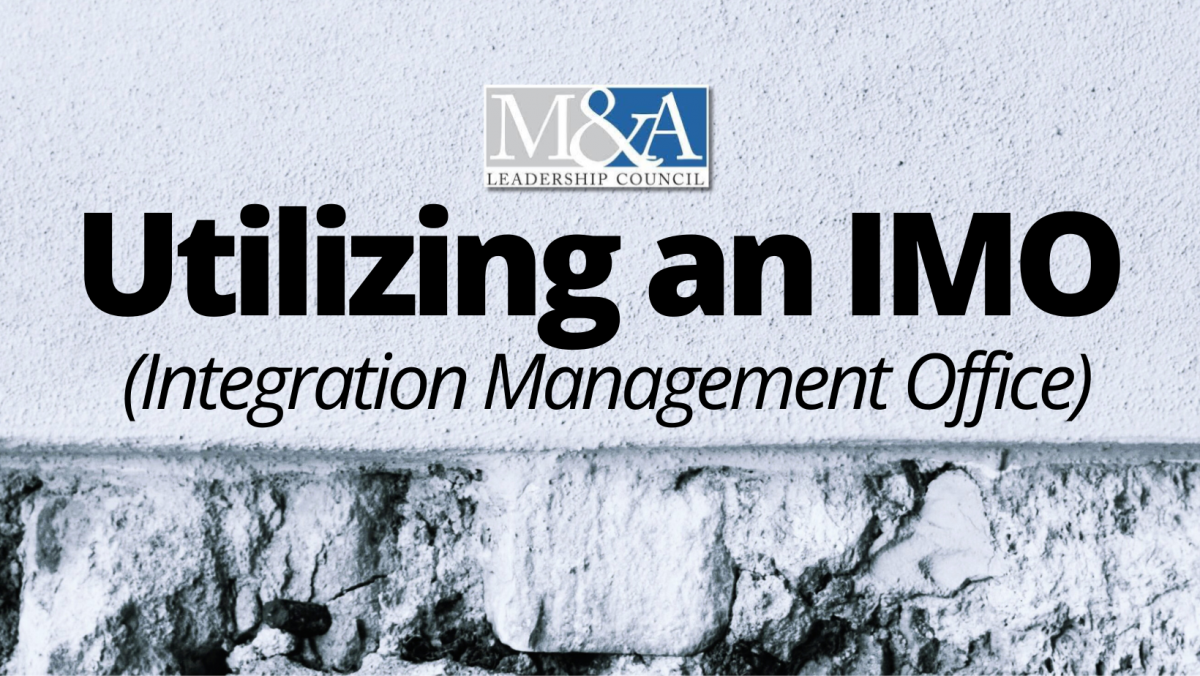Can You Access Assets That You Put in a Trust?
People harbor misconceptions about trusts. This is unfortunate because a trust can be the ideal estate planning tool under many circumstances. One of these notions is the idea that you no longer have access to assets you convey into a trust. In this post, we will provide some clarity.
Irrevocable Trusts
There are trusts that cannot be revoked after they have been established. Generally speaking, they cannot be changed, but there are some exceptions. If you establish this type of trust, you would not be able to act as the trustee. In addition, you would have no direct access to the principal.
As a result, you are surrendering incidents of ownership. There are some good reasons why you may want to divest yourself of assets in this manner. People that are exposed to the federal estate tax use these trusts to gain estate tax efficiency.
Of course, they are few and far between, because the federal estate tax exclusion is $12.92 million. This is the amount that can be transferred before the tax would be levied on the remainder.
This is just one reason why these trusts are utilized. For example, a person of relatively ordinary means may want to use an irrevocable trust to address long-term care costs.
Medicare does not pay for a stay in a nursing home. Medicaid, however, will pick up the tab if you can gain eligibility. Since Medicaid is a need-based program, you can’t qualify if you have significant assets in your name.
You could convey assets into an irrevocable Medicaid trust, and you would have no access to the principal. However, the resources would not count if you applied for Medicaid. You would, however, be able to receive distributions of the trust’s earnings.
So at the end of the day, you can access the income, and you name the beneficiary that will inherit the assets in the trust after your passing. Yes, there is a loss of control in the near term, but in the big picture, you are in complete control of a long-term strategy.
Revocable Living Trust
There is another type of trust called a revocable living trust, and the name is self-explanatory for the most part. The trust would go into effect while you are still living. In addition, you would retain the power of revocation.
There is absolutely no loss of access to the assets that are conveyed into a living trust. When you establish the vehicle, you would act as the trustee while you are alive and well. You would name a disability trustee to assume the role in the event of your incapacity.
In addition to the disability trustee, you would designate a trustee to succeed you after your passing. It can be the same individual that will act as the disability trustee, but this is not required.
You can name someone you know to be the trustee. You could also use a professional fiduciary such as a trust company or the trust department of a bank to provide trustee services.
Assets in this type of trust would count if you apply for Medicaid. They would also be part of your estate for tax purposes. One major benefit is the streamlined estate administration process.
If you use a will to state your final wishes, it would be admitted to probate, which is a time-consuming and costly legal process. On the other hand, assets that are distributed through the terms of a living trust would not be subject to probate.
Another advantage is the ability to include spendthrift protections. After your death, the principal would be protected from the beneficiary’s creditors, and you can allow for limited distributions incrementally over time.
Schedule a Consultation Today!
As you can see, there are many different tools in the estate planning toolkit. The ideal way to proceed will depend on the circumstances, so it is important to work with an attorney to gain a full understanding of your options.
If you are ready to take that step, we are here to help. You can send us a message to request a consultation appointment at our Oklahoma City estate planning office, and the phone number there is 405-843-6100. We also have a Tulsa location that can be reached at 918-615-2700.
After helping his own family deal with a lengthy probate and the IRS following his father’s untimely death in a farm accident, Larry Parman made a decision to help families create effective estate plans designed to reduce taxes, minimize legal interference with the transfer of assets to one’s heirs, and protect his clients’ assets from predators and creditors.
Latest posts by Larry Parman, Attorney at Law (see all)
Story originally seen here






